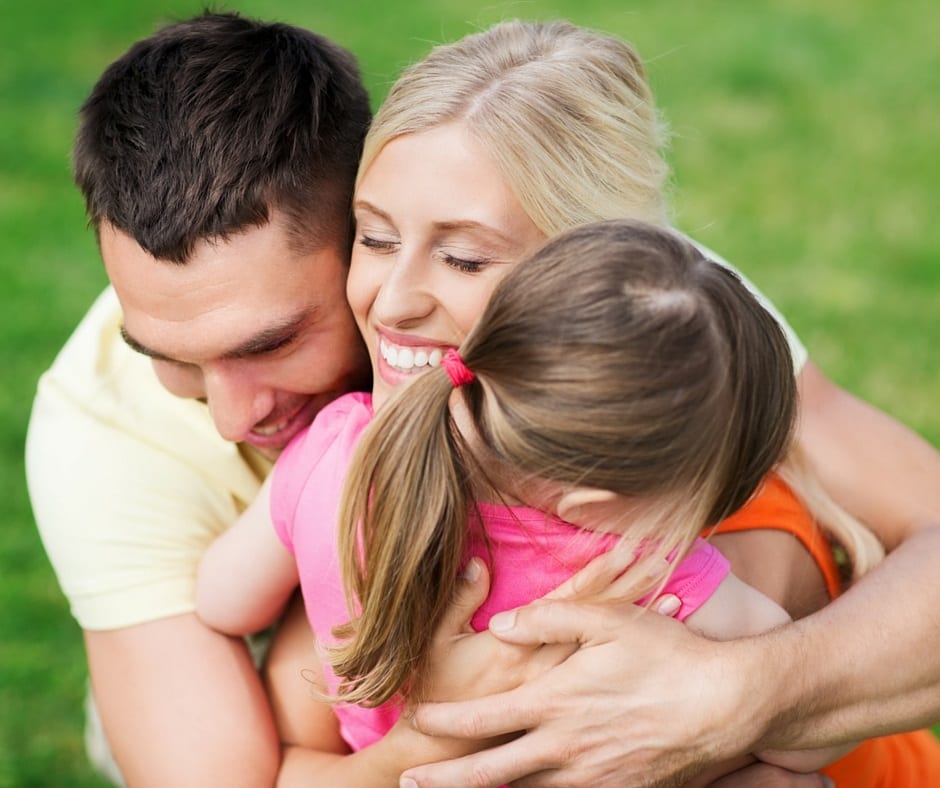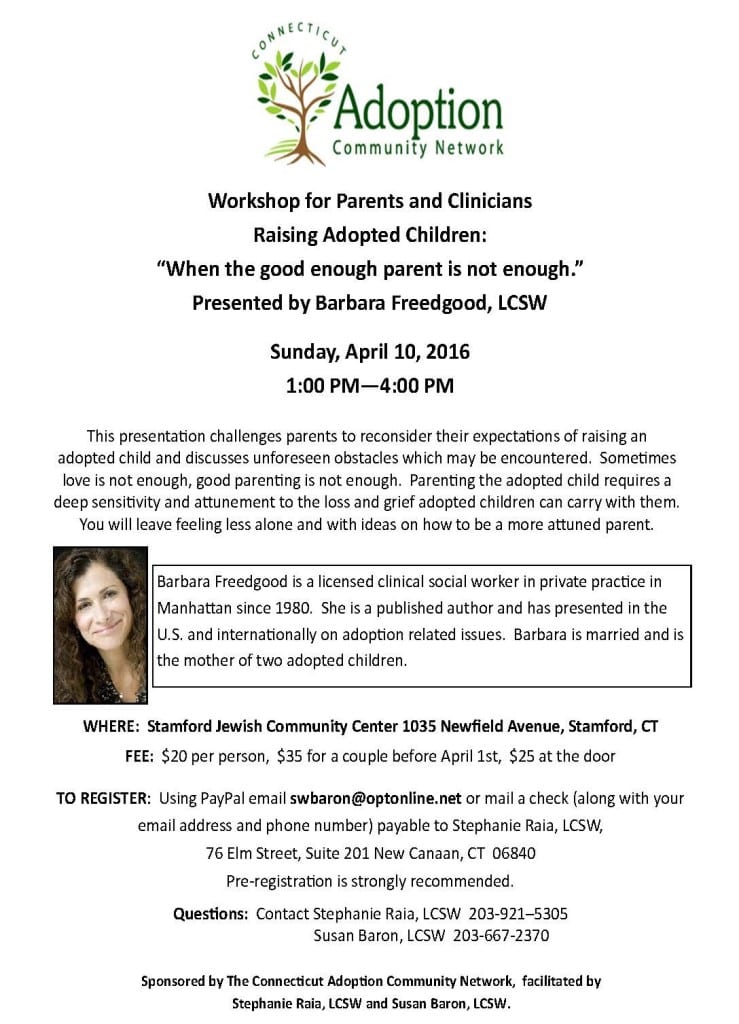Here at rtor.org we are dedicated to helping families and that includes the many different ways people make up a family. A large variety of families exist outside of the typical nuclear family consisting of a father, a mother and their biological children; this includes families formed by adoption. It’s estimated that about 5 million people (both adults and minors) in the United States are adoptees making adoption no small matter. While adoption can bring joy to both the parents and the child, it’s important to remember that adopted families may have their own unique challenges to face. These issues are entirely normal and no one—parent or child—should feel like an outsider for experiencing these things. The following post is written by Stephanie Raia, LCSW, who is a member of the RtoR Advisory Group. She explains the unique emotional challenges that are often encountered by adopted families. Thank you, Stephanie, for sharing your insights with us. –Veronique Hoebeke, Associate Editor
Adoption and It’s Unique Emotional Challenges
Adoption is an act of love bringing joy and hope to the waiting child and the loving parents. It is a wonderful and exciting act. Experience tells us however, that families formed through adoption face unique challenges. As children mature and advance in mental development, their comprehension of the meaning of “adoption” increases. Quite frequently there are new questions, many of which may not be able to be answered. New complex feelings can emerge as they process the idea of being adopted. Some adoptees experience profound feelings of loss and abandonment. These strong emotions must be reconciled in a healthy way.
As puberty hits, the search for identity emerges. This search will often result in adoptees thinking about their birth families and the reasons behind their ultimate relinquishment. They will want to know who they resemble physical and emotionally. This can also bring up questions about their genetics as a component in their identity. Good parenting may not be enough to help the adopted child deal with these emotional burdens and identity issues. Parenting an adopted child requires deep sensitivity and understanding.
The emotional challenges that come with adoption also affect the adopting parents. They may struggle with their own emotional reactions to the intense feelings of anger, despair and disconnection felt by their adopted children. Many adopting parenting might be struggling with their own grief if they struggled with infertility. They may mourn the loss of a “birth” child they could not conceive or continue to bare the emotional strife of a miscarriage. The emotional pain that both adoptees and their adopted parents experience should not be ignored. Efforts must be made to heal the wounds of parents and children.
The topic of adoption—and the emotional challenges that come with it—is a complex one. If you are an adopting parent or an adopted adult child who is seeking therapy, it’s best to find a mental health professional who understands the emotional intricacies of adoption. If you are a clinician, it’s important to learn about the unique issues that clients from an adopted family may be experiencing.
If you are in the lower Fairfield County area and adopted a child or are a clinician who wants to learn more about clinical issues in adoption, there is an upcoming workshop on the topic in Stamford, CT. Workshop for Parents and Clinicians Raising Adopted Children: “When the good enough parent is not enough” will be held at the Stamford Jewish Community Center on April 10th from 1:00pm-4:00pm. The presenter for the event is Barbrara Freedgood, LCSW who has over 20 years of experience as well as two adopted children of her own. For more information on the event and how to register, please see the flyer below.
Stephanie Raia, LCSW
Recommended for You
- 5 Signs You’re Ready for Therapy - November 21, 2024
- Recovering from Toxic Positivity: A Path to a Healthier You - November 18, 2024
- Combating Anxiety in a World of Uncertainty - November 6, 2024






